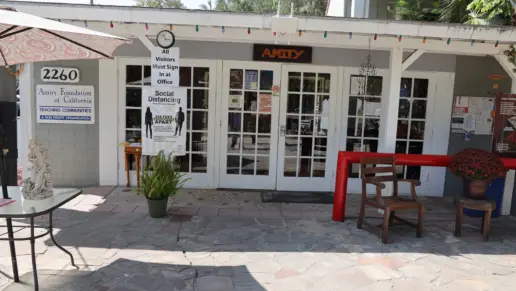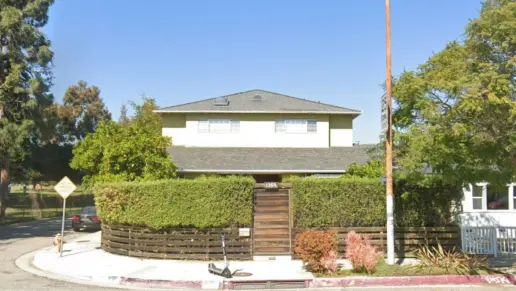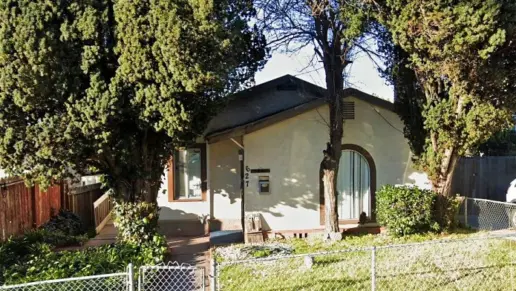About Glendora Recovery Center
Glendora Recovery Center offers substance abuse and mental health treatment in Glendora, California. In addition to their partial hospitalization and intensive outpatient programs for adults and adolescents, they offer court liaison services for court-ordered guests.
You’ll begin treatment with an intake assessment to help the team determine your unique recovery needs and treatment plan. Their programs help teach you skills to remain sober and live a healthy lifestyle. They believe that finding the root causes of your substance use can help you overcome them and lead to a life of sobriety.
They not only work on your addiction issues, but they also help you with nutrition, physical fitness and relapse prevention methods. You’ll get to express your feelings and learn how to manage and reduce stress and anger to offset temptations to use substances.
Art therapy is included in the program to help you get in touch with your creative side. This service lets you use artistic and creative talents to deal with addiction challenges in more expressive ways. It also provides a comfortable, gentle environment where you can explore your feelings.
Their yoga therapy is a holistic method of treatment that teaches mindfulness and breathing techniques that calm the body and mind. It can improve mental and physical health, promote relaxation and reduce stress. It also relieves symptoms of anxiety and depression while promoting better sleep quality.
Aftercare is available through their Alumni program and includes free services for your ongoing recovery. This program is another treatment level that provides sponsorships, 12 Step meetings and progress monitoring.
Rehab Score
Gallery
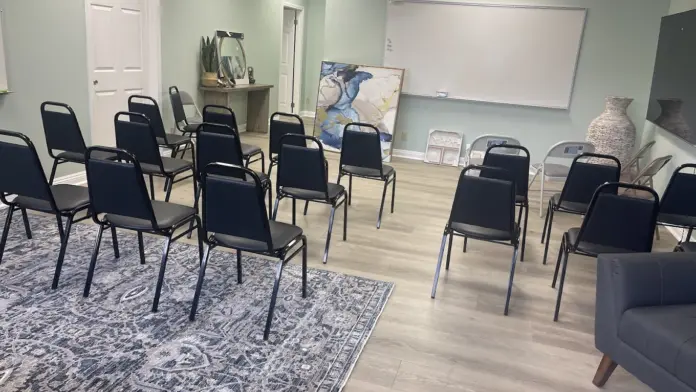
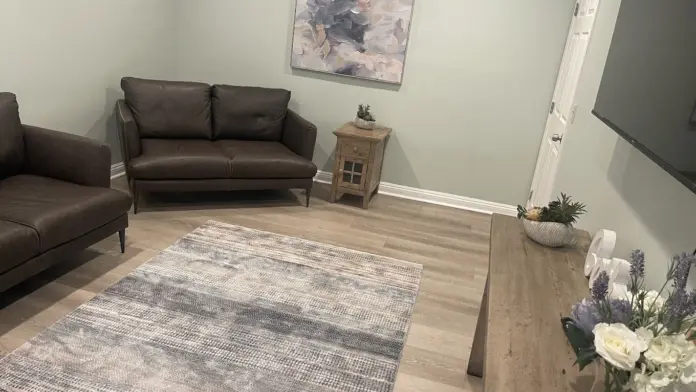
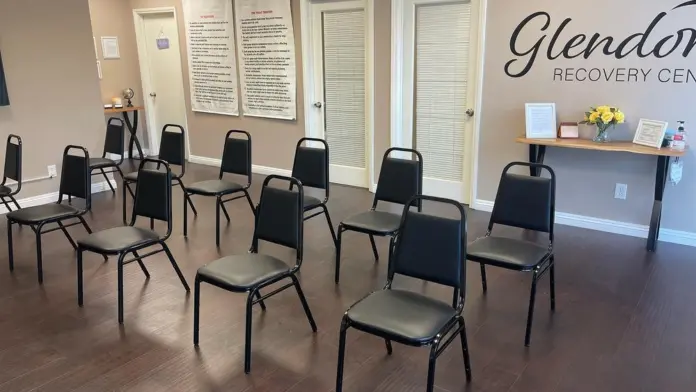
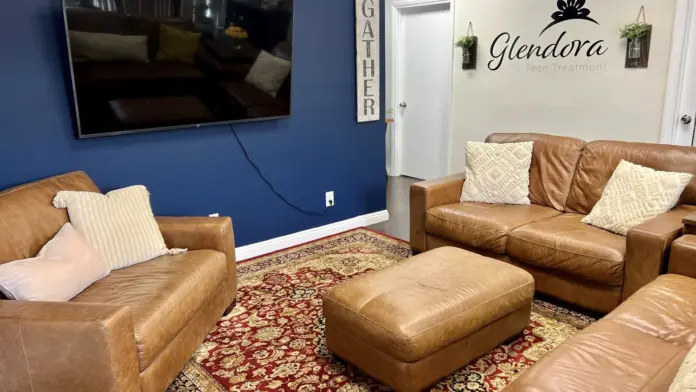
Location
Accepted Insurance


Other Forms of Payment
Private insurance refers to any kind of healthcare coverage that isn't from the state or federal government. This includes individual and family plans offered by an employer or purchased from the Insurance Marketplace. Every plan will have different requirements and out of pocket costs so be sure to get the full details before you start treatment.
Self-pay involves paying for treatment out of your own pocket. You can use savings or credit, get a personal loan, or receive help from family and friends to fund your treatment. If you don't have insurance or your insurance plan doesn't cover a specific program, self-pay can help ensure you still get the care you need.
Addiction Treatments
Levels of Care
Programs

Clinical Services
Group therapy is any therapeutic work that happens in a group (not one-on-one). There are a number of different group therapy modalities, including support groups, experiential therapy, psycho-education, and more. Group therapy involves treatment as well as processing interaction between group members.
In individual therapy, a patient meets one-on-one with a trained psychologist or counselor. Therapy is a pivotal part of effective substance abuse treatment, as it often covers root causes of addiction, including challenges faced by the patient in their social, family, and work/school life.
Research clearly demonstrates that recovery is far more successful and sustainable when loved ones like family members participate in rehab and substance abuse treatment. Genetic factors may be at play when it comes to drug and alcohol addiction, as well as mental health issues. Family dynamics often play a critical role in addiction triggers, and if properly educated, family members can be a strong source of support when it comes to rehabilitation.
Trauma therapy addresses traumatic incidents from a client's past that are likely affecting their present-day experience. Trauma is often one of the primary triggers and potential causes of addiction, and can stem from child sexual abuse, domestic violence, having a parent with a mental illness, losing one or both parents at a young age, teenage or adult sexual assault, or any number of other factors. The purpose of trauma therapy is to allow a patient to process trauma and move through and past it, with the help of trained and compassionate mental health professionals.
Recreational therapy is included in alcohol and drug addiction treatment to focus on engaging you in healthy activities that reduce your cravings and improve your overall health and well being. When you participate in group sports, art, or nature walks, you develop new interests and find a meaningful way to spend your time and reduce your cravings.
The goal of creative arts therapy in California is to encourage growth and transformation. It can be used in individual and group settings with both children and adults. Options include movement, music, and painting.
Amenities
-
Yoga Studio
Accreditations

LegitScript has reviewed Glendora Recovery Center as part of their certification program, and has determined that it meets the LegitScript standards for legality, safety and transparency.
LegitScript verified in June 2019

The Joint Commission, formerly known as JCAHO, is a nonprofit organization that accredits rehab organizations and programs. Founded in 1951, the Joint Commision's mission is to improve the quality of patient care and demonstrating the quality of patient care.
Joint Commission Accreditation: Yes
Contact Information
1340 E Rte 66
Suite 106
Glendora, CA 91740







